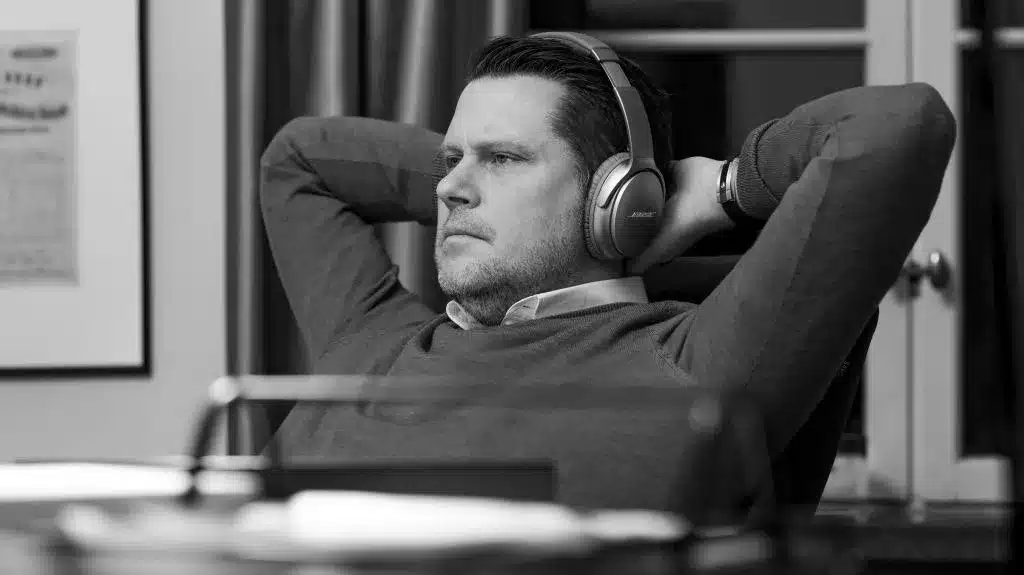The Embracer Group, known for its aggressive expansion strategy, is currently being heavily criticized. The CEO, Lars Wingefors, is facing serious accusations against himself and his company following a series of redundancies and studio closures.
In an interview with GamesIndustry.biz, Wingefors explained that he has personally taken “many blows and criticism”. This has not only come from an international level, but also from Sweden. “It’s painful,” he admitted, but continued to emphasize his belief in his vision and his team.
Criticism & Responsibility in difficult times
The Embracer Group recently announced a restructuring that will split the company into three parts. This decision follows a nine-month restructuring program and the collapse of a two billion dollar investment deal by Savvy Games Group. Despite the turmoil, Wingefors firmly believes in the positive opportunities that the public markets offer for financing companies. He emphasized that good execution of corporate strategy can provide an excellent platform for growth and competitive advantage.
In the last 18 months while many gaming companies have made sweeping layoffs Embracer Group has been the most affected. However, the Embracer Group has been the subject of particular criticism due to its extensive restructuring measures. This was demonstrated not least by Kinda Funny CEO Greg Miller’s appearance at the DICE Awards in February. He made fun of the group in public and thus reflected the mood within the industry
New structures & long-term plans
When asked about criticism, Wingefors conceded that it is necessary to take responsibility as a manager and admit mistakes. He is prepared to take a lot of the criticism, even if he believes that his team and the companies do not deserve all of it. Despite the difficulties, many of his key entrepreneurs and CEOs who have joined the group trust him. They believe in Embracer’s mission and understand that adjustments are necessary to respond to changes in the world.
Relevant to my favorite joke from last night: https://t.co/ORO1KlC1q9 pic.twitter.com/cYbSZgdv6D
– Greg Miller (@GameOverGreggy) February 16, 2024
Wingefors explained that the split Embracer Group companies have big plans for the coming years. They also have some of the largest pipelines in the games industry. Even if not all the games that were planned three years ago can be made, adaptability remains a central aspect of the company’s strategy. Wingefors also defended the decision to buy the board game publisher Asmodee, even though this plunged the company into debt for the first time. He sees the business as profitable in the long term, even if taking on debt was painful.


